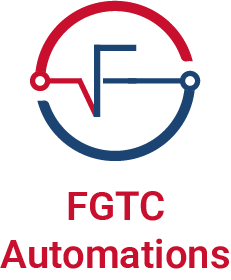


Automation helps businesses capture leads from websites, social media, or email campaigns and score them based on their likelihood to convert.
Example: A real estate agency automatically collects visitor information from their website and scores leads based on how often they view property listings, allowing the sales team to focus on the most promising prospects.
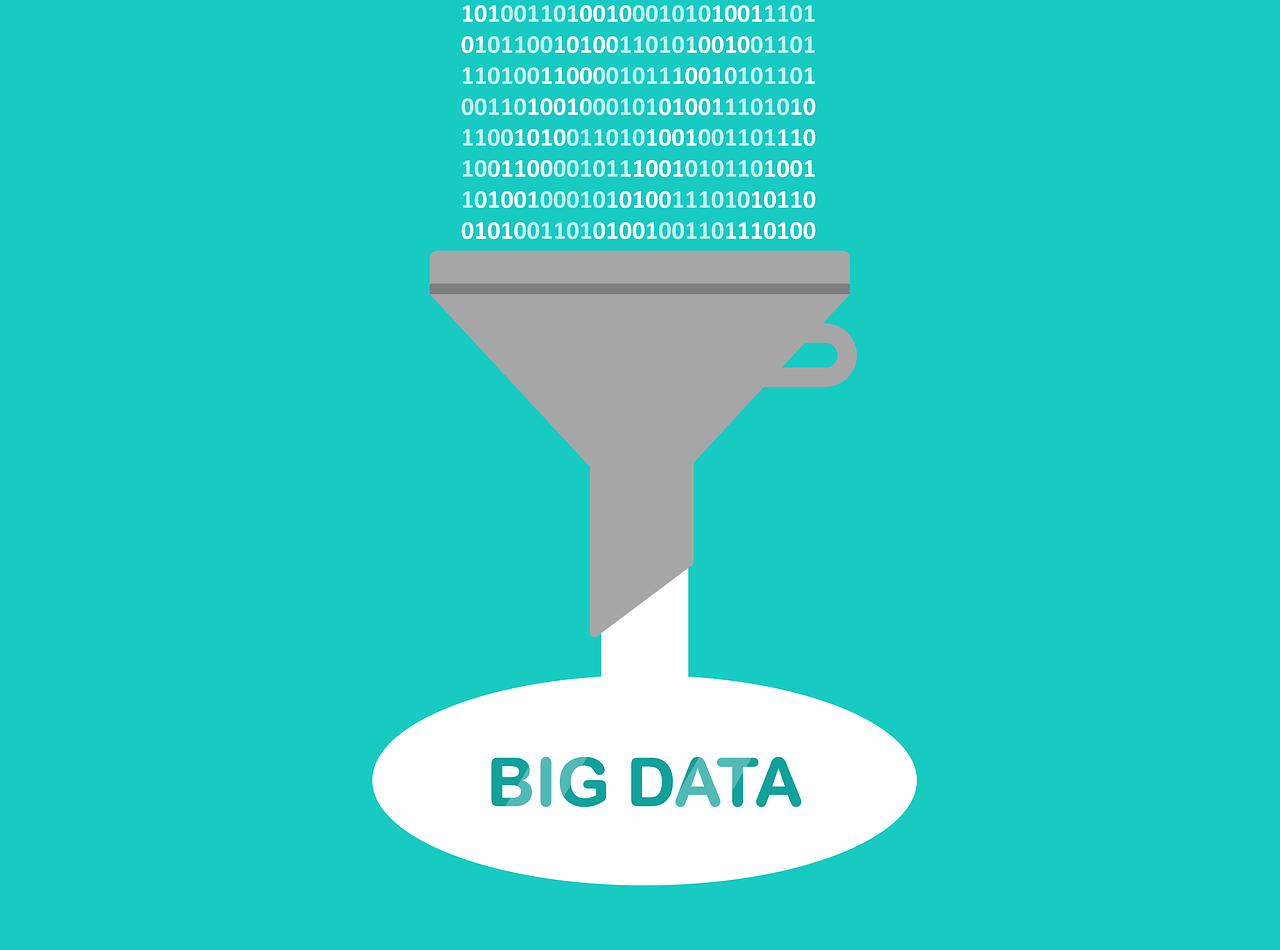
Automated email systems send targeted messages based on customer behavior, preferences, or lifecycle stages.
Example: An online clothing store sends personalized emails with product recommendations after analyzing a customer's browsing and purchase history, increasing the chances of a repeat purchase.
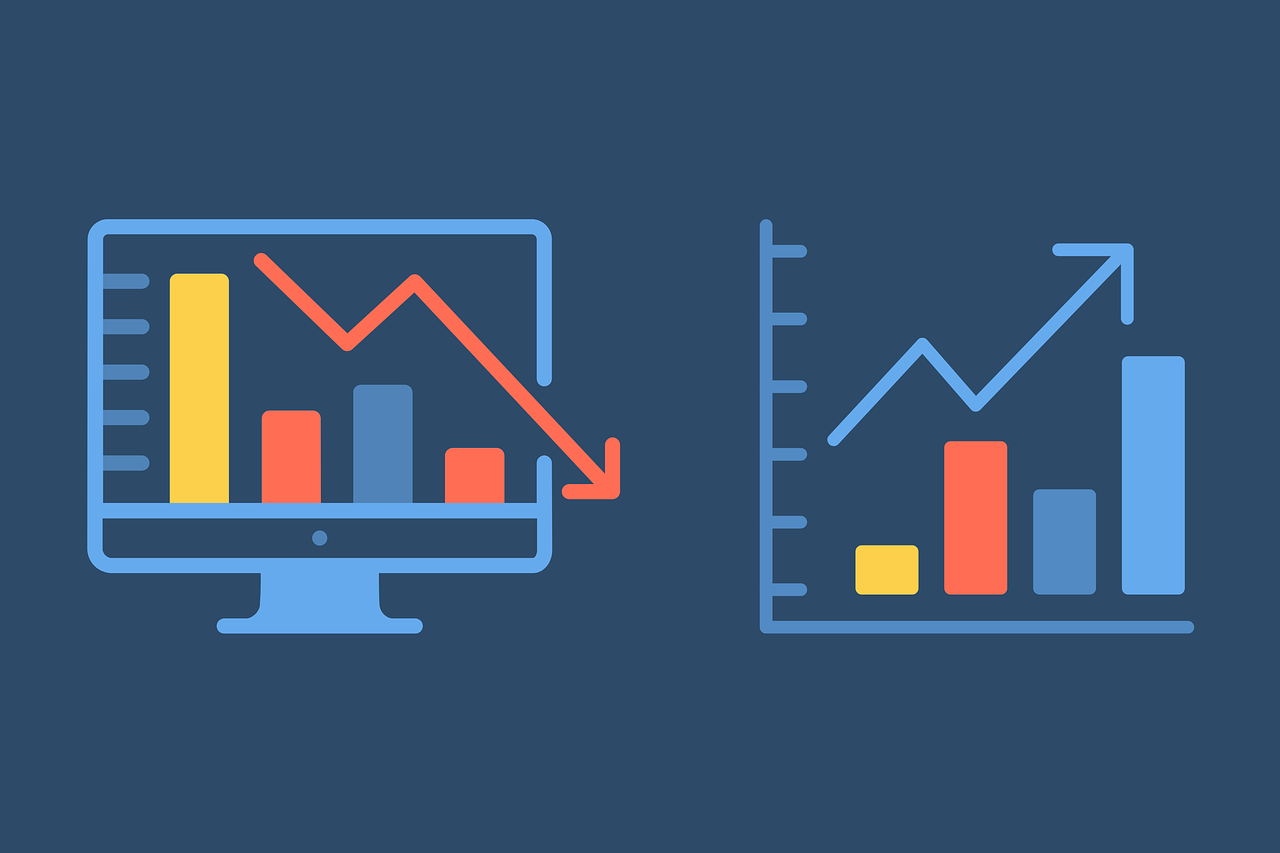
Automation tools schedule and post content across multiple platforms, ensuring consistent engagement without manual effort.
Example: A fitness studio plans a month's worth of posts, including promotions, class schedules, and tips, which are automatically published at optimal times, freeing up staff to focus on in-person interactions.
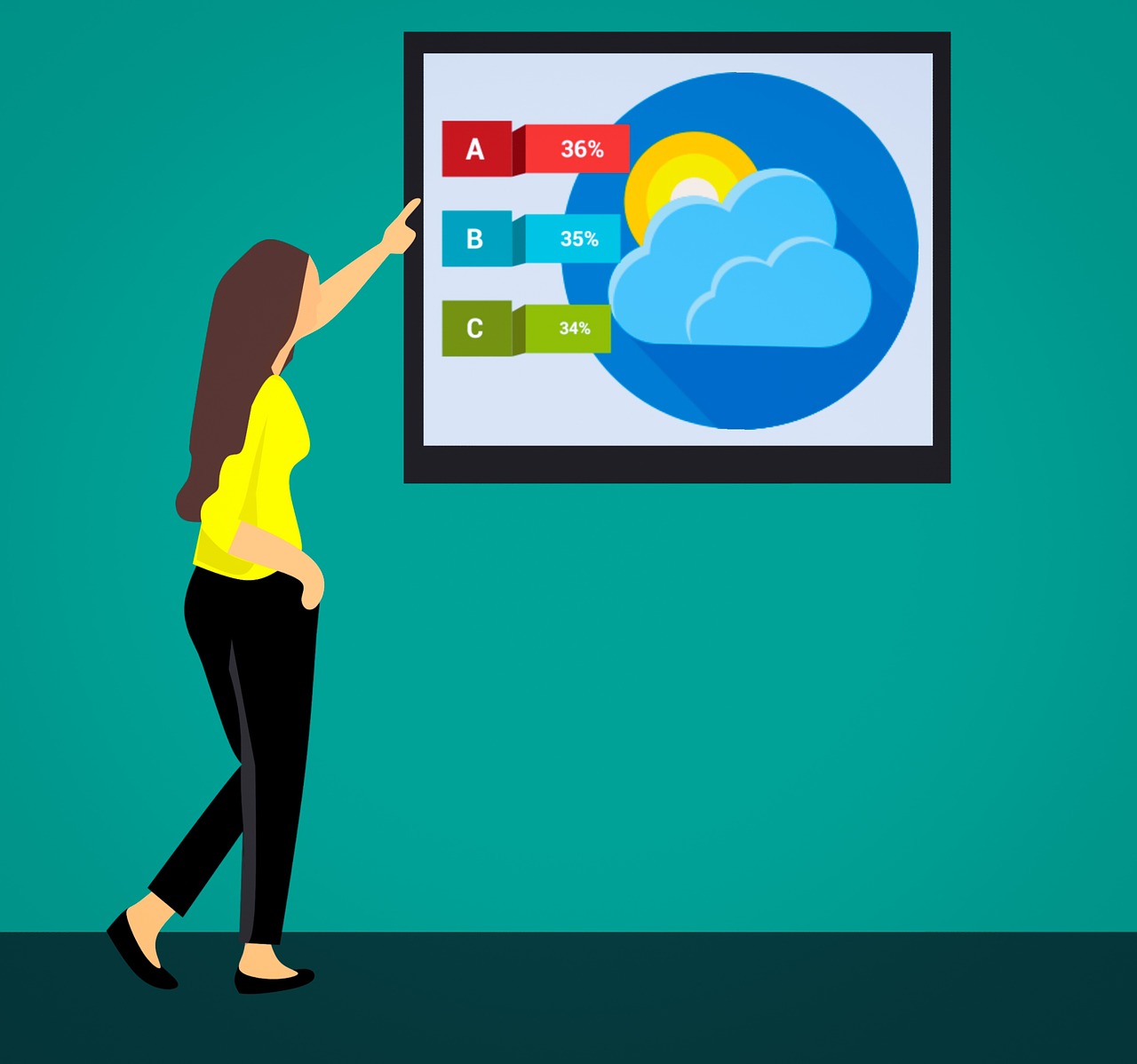
Automated CRM workflows track interactions and send follow-ups or reminders, keeping customer relationships active and organized.
Example: A travel agency sends automatic reminders to clients about expiring visas or upcoming trips, ensuring customer satisfaction and loyalty.
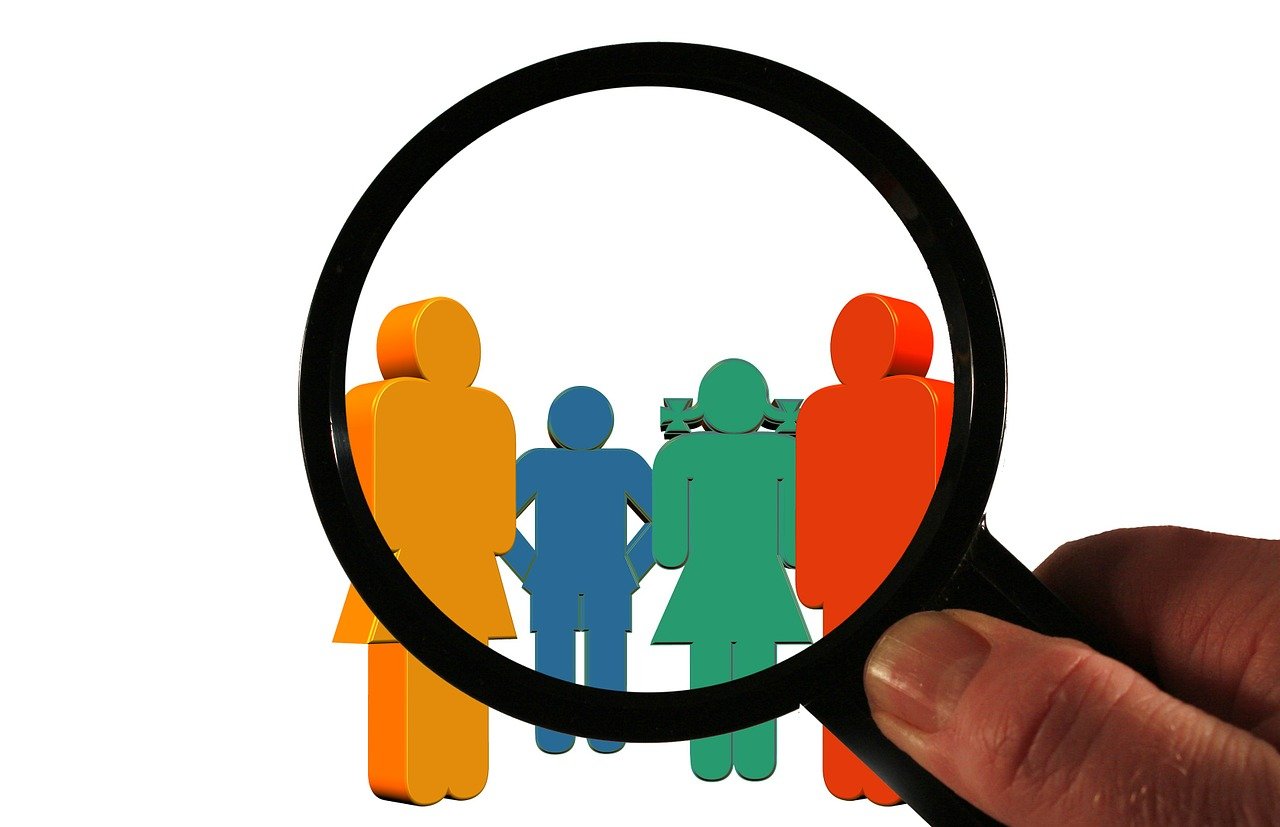
Automation collects and analyzes data from campaigns, presenting clear reports on performance metrics.
Example: A digital marketing agency tracks click-through rates, conversions, and ad spend, providing clients with automated weekly reports without manual data crunching.

Automation enables businesses to reconnect with customers who showed interest but didn't convert, through targeted ads or emails.
Example: A local electronics store retargets visitors who browsed their online store but didn't make a purchase, showing them ads with discounts for the products they viewed.